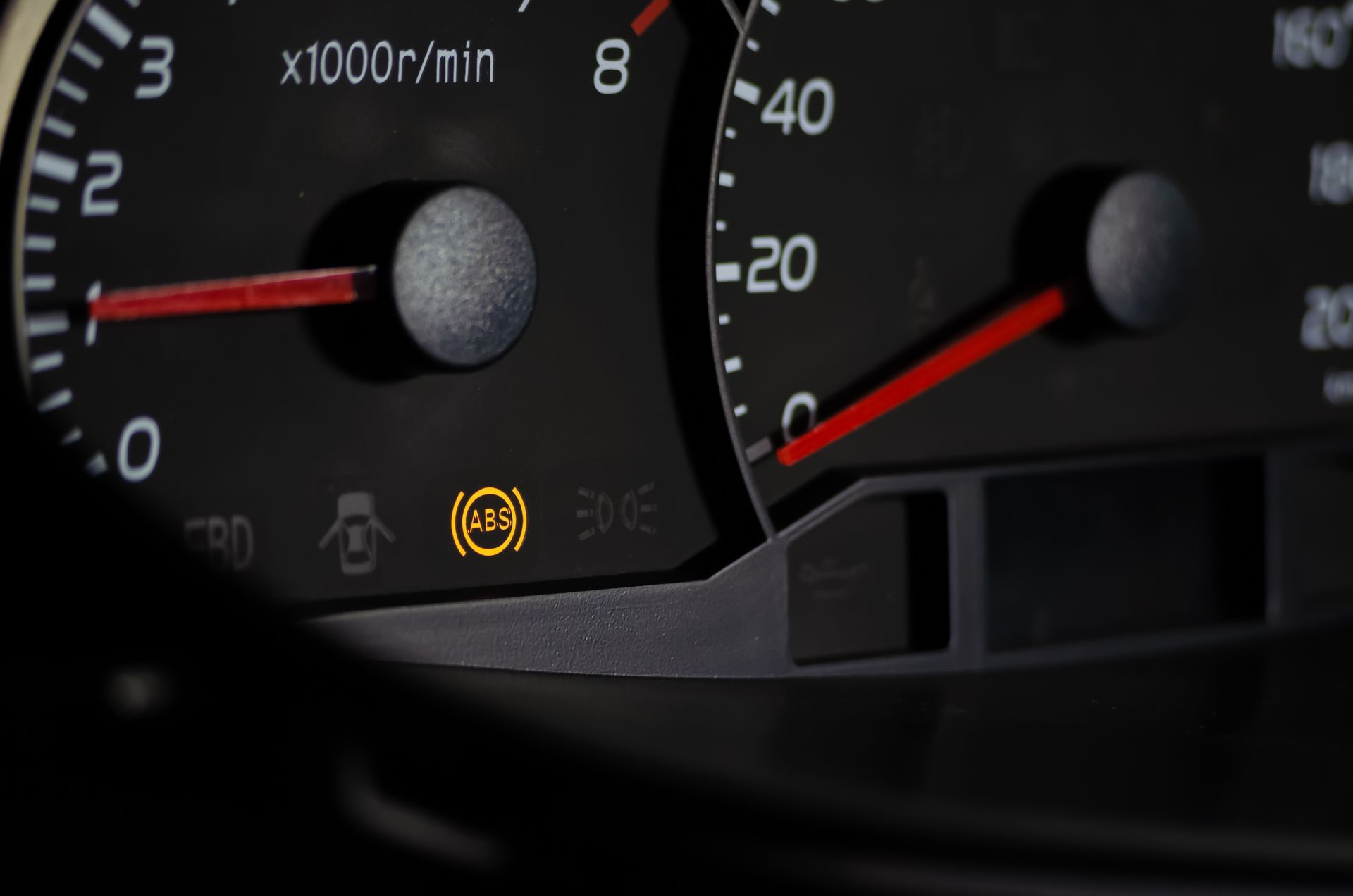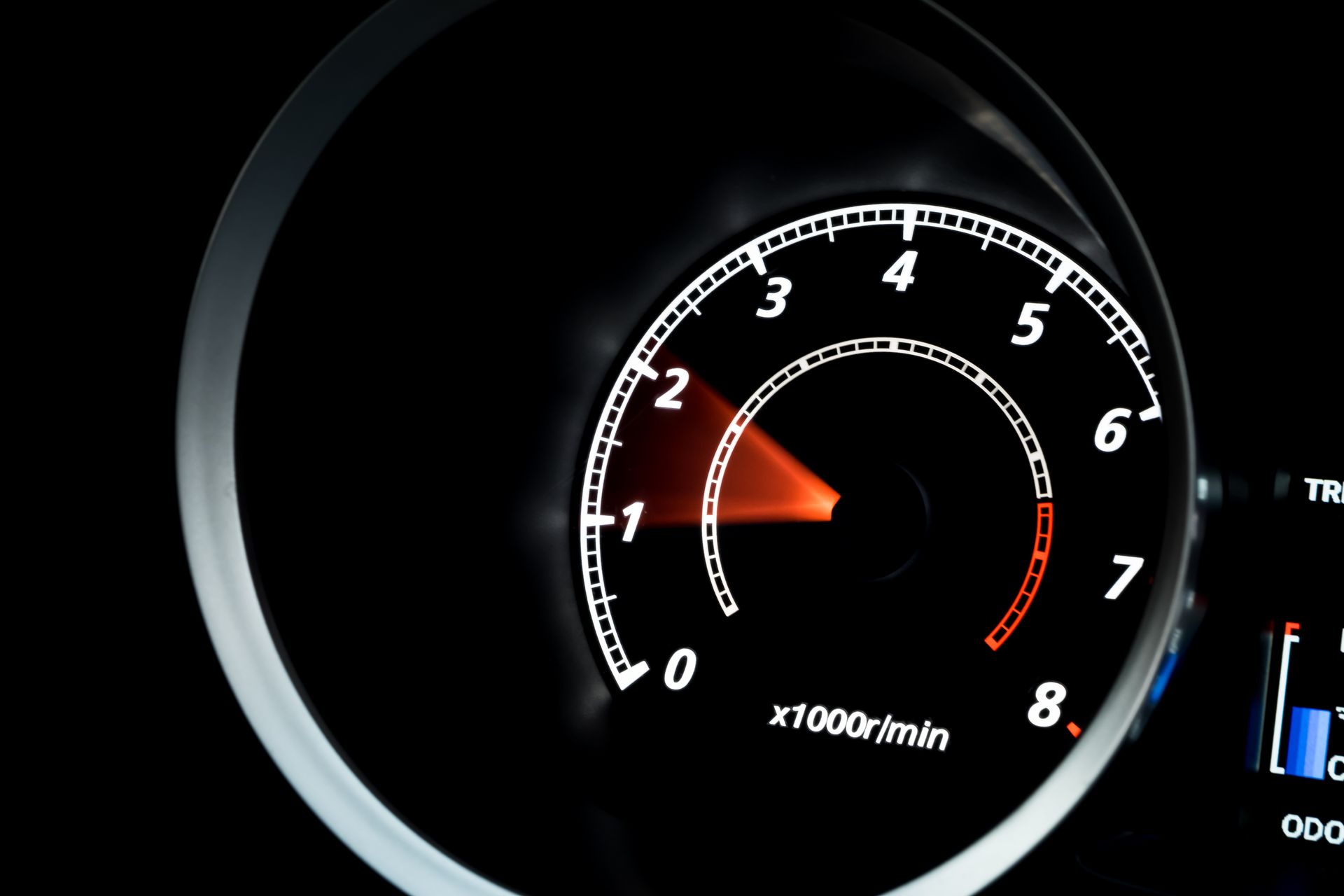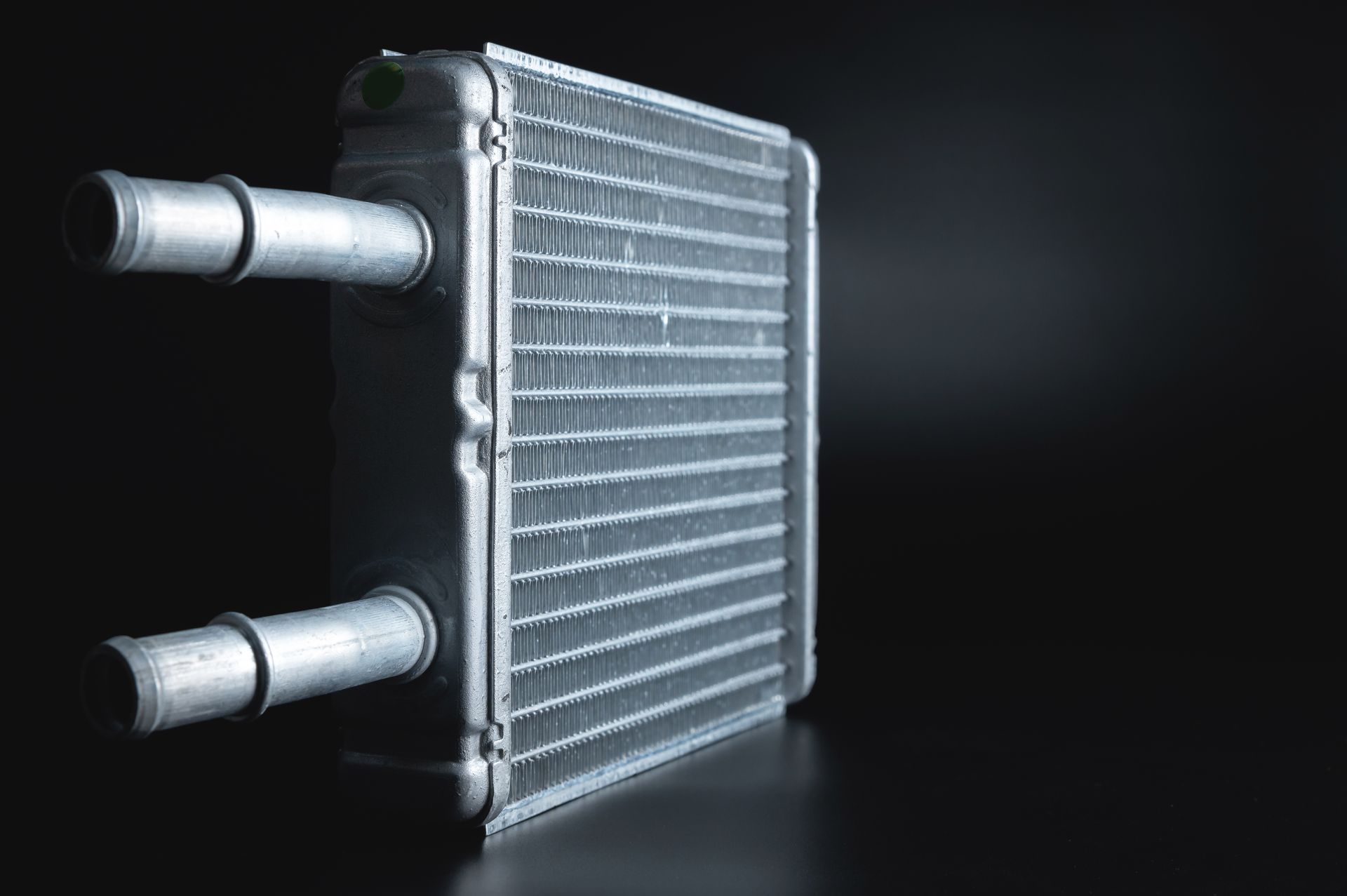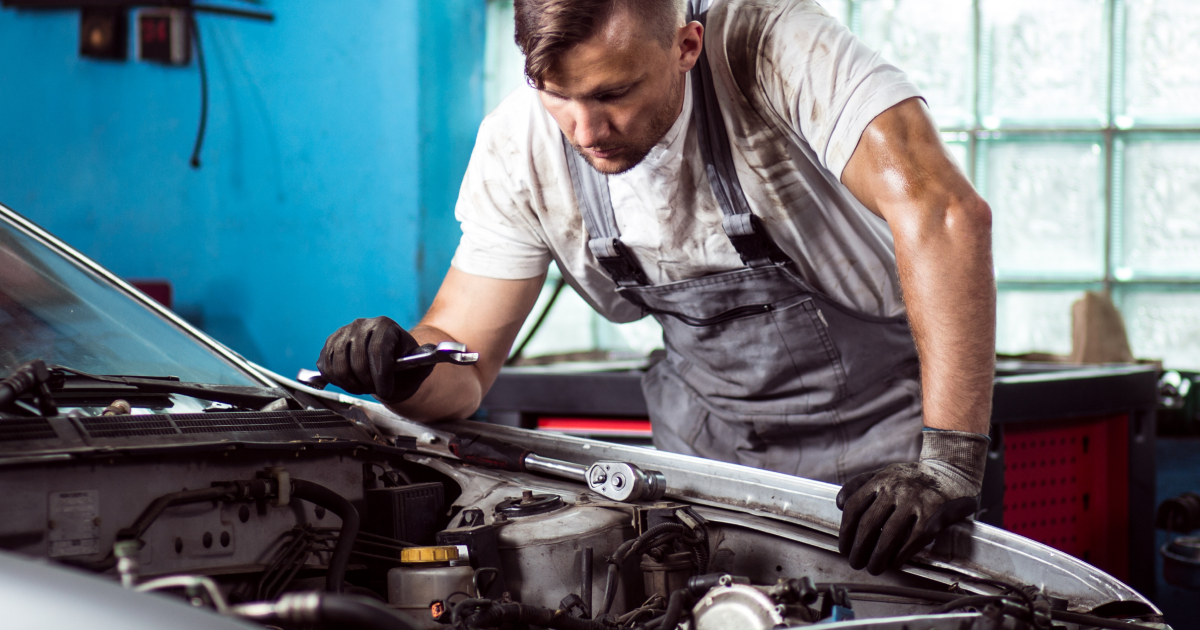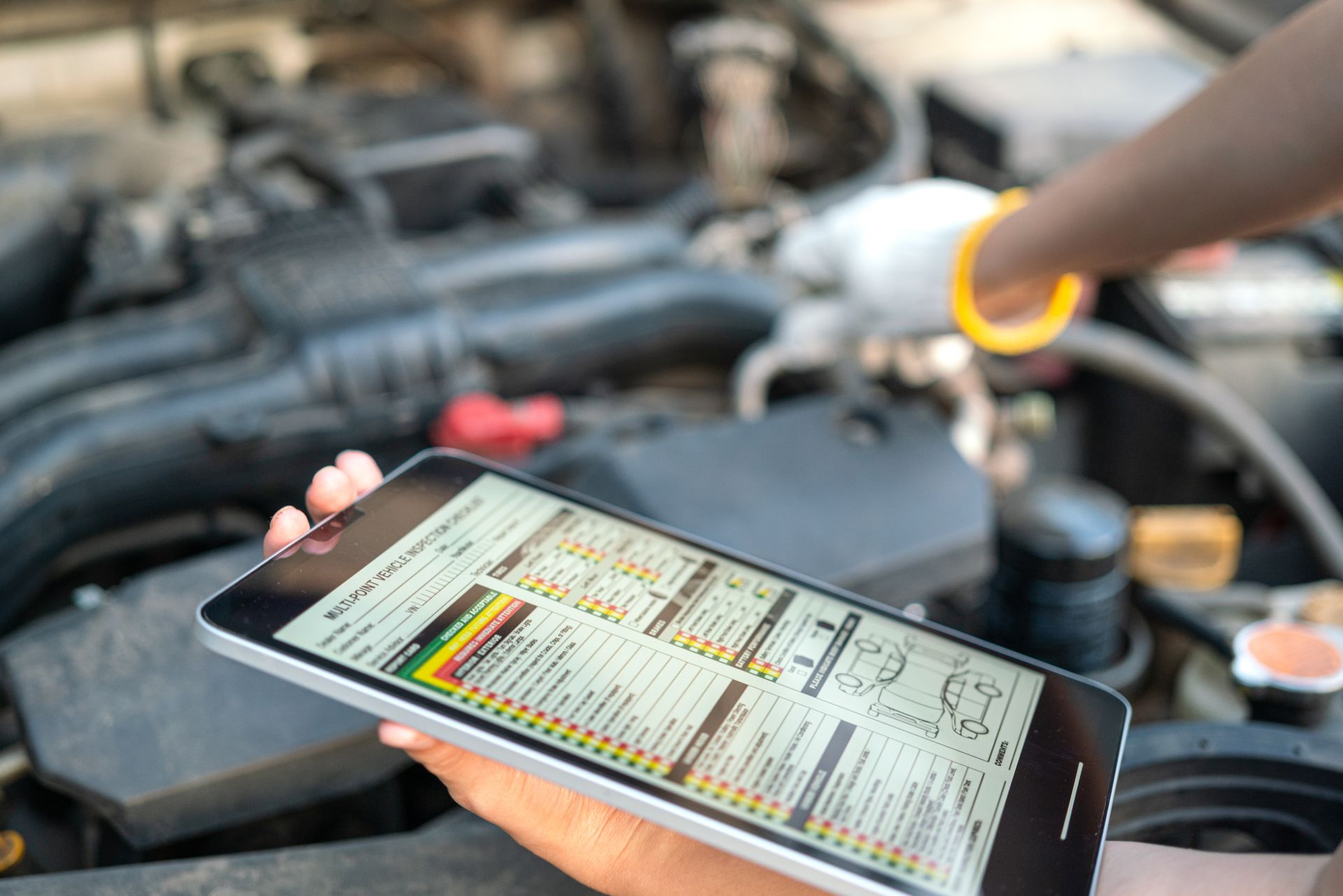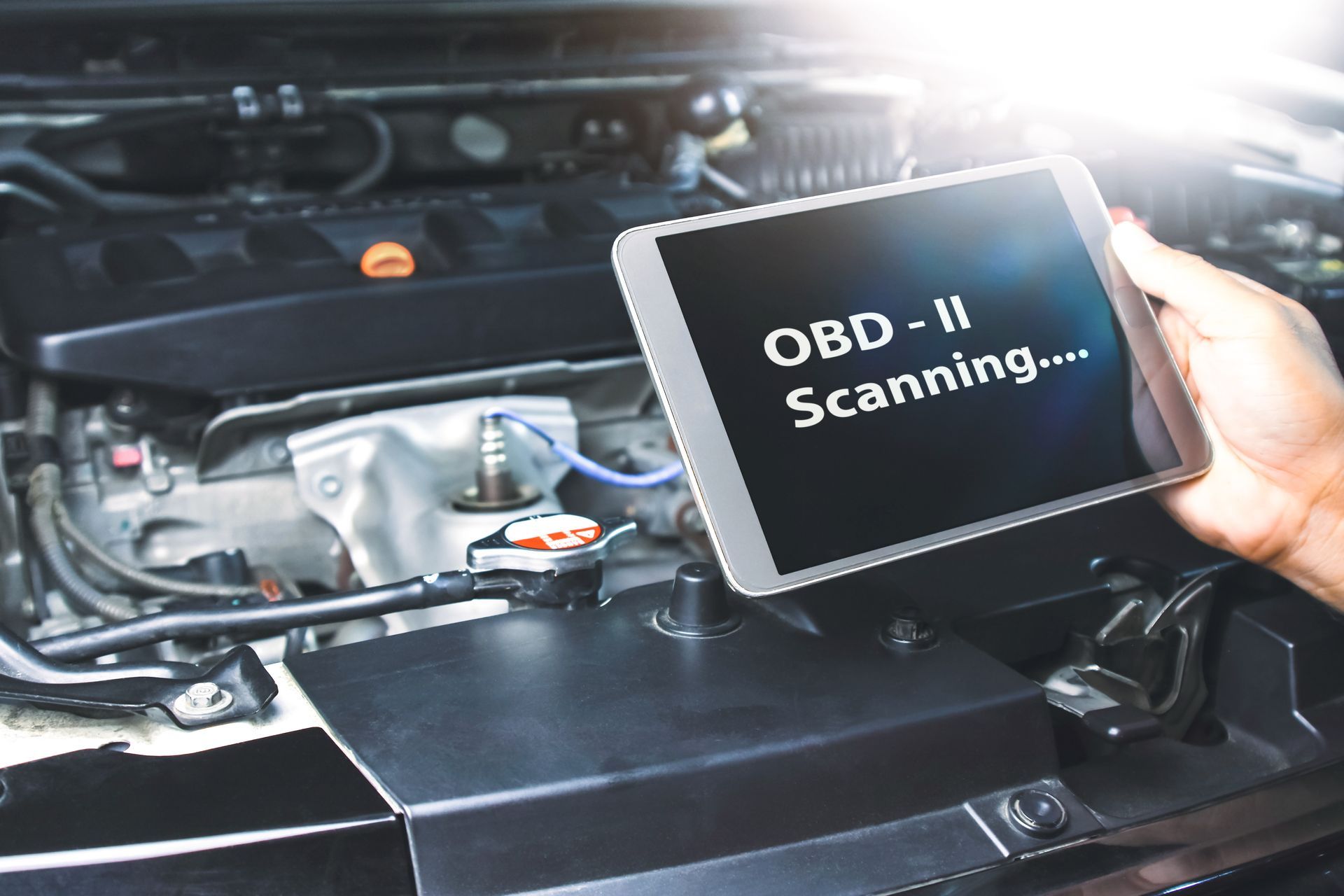If your car stumbles, jerks, or delays when you press the gas pedal from a stop, it can be both frustrating and potentially dangerous. This hesitation isn’t always a major repair, but it’s not something to brush off either. In many cases, it’s your car’s way of telling you that something in the fuel, ignition, or air delivery system is starting to fail. Identifying the cause early helps prevent bigger performance issues down the road.
Fuel Delivery Problems
One of the most common reasons for hesitation is a problem with fuel delivery. Your engine relies on a consistent stream of fuel to run smoothly. If anything interrupts that flow, such as a clogged fuel injector, dirty fuel filter, or weak fuel pump, your engine may struggle to get the fuel it needs when accelerating from a stop.
These issues may not be noticeable when cruising at higher speeds, but at low speeds or idle, they tend to become more apparent. Dirty fuel systems can also reduce fuel economy and increase emissions, so it's wise to have them checked if you notice sluggishness.
Ignition System Issues
Your car’s ignition system includes components like spark plugs and ignition coils that must fire precisely for the engine to run smoothly. If one or more spark plugs are fouled or worn, the engine may misfire during acceleration. Similarly, a failing ignition coil can lead to weak or inconsistent spark delivery, especially when under load.
If your car has high mileage and you haven’t changed the spark plugs recently, hesitation might be your cue that the ignition system is overdue for maintenance. In some cases, hesitation will be accompanied by a flashing check engine light or stored trouble codes that help narrow down the issue.
Air Intake and Vacuum Leaks
Engines need the right air-to-fuel ratio to operate efficiently. If extra air gets into the system, such as through a vacuum leak or cracked intake hose, the mixture becomes too lean. A lean mixture can cause hesitation, stalling, and rough idle, particularly when transitioning from idle to acceleration.
Even a small vacuum leak can throw off engine timing and responsiveness. Technicians often use smoke machines or diagnostic tools to detect these small leaks, which can otherwise be hard to spot.
Transmission or Drivetrain Problems
Sometimes, hesitation isn’t caused by the engine at all. Transmission issues can mimic engine hesitation, especially if the transmission is slipping or struggling to find the right gear. Delayed engagement from a stop, especially in automatic transmissions, might feel like hesitation but is really a sign of transmission wear or low fluid levels.
Drivetrain components like CV joints and motor mounts can also contribute to rough takeoffs if they are worn or damaged. If you notice clunks, vibrations, or a delay in movement when shifting into gear, it’s worth checking beyond the engine.
Dirty Sensors and Electronics
Modern vehicles depend heavily on sensors to adjust fuel injection, ignition timing, and throttle response. If sensors like the mass airflow sensor, throttle position sensor, or oxygen sensor are dirty or malfunctioning, they can throw off these systems and cause hesitation.
A dirty MAF sensor, for example, can misread the amount of air coming into the engine and result in incorrect fuel delivery. Cleaning or replacing these sensors can often restore proper performance, and diagnostic scans can usually confirm if a sensor is out of range.
When to Get It Checked
Any time your car doesn’t respond immediately when you press the gas pedal, it’s worth scheduling an inspection. Even if the problem seems minor, hesitation can affect your ability to merge into traffic, make turns, or accelerate away from stop signs safely.
You should especially get it checked if:
- The hesitation is getting worse over time
- You notice reduced fuel economy
- The check engine light is on
- There are other symptoms like strange sounds, stalling, or vibrations
Waiting too long could turn a simple sensor cleaning or spark plug replacement into a more costly repair. Addressing small issues early helps keep your car running reliably and efficiently.
Expert Diagnostics at GenAuto in Lawrence, KS
If your car hesitates when accelerating, the team at GenAuto in Lawrence, KS, will help. Our technicians will check the ignition, fuel, and intake systems, inspect for vacuum leaks, and perform full diagnostics to get to the root of the issue. We’ll explain what we find and only recommend what your car actually needs.
Schedule your visit today and get your car’s performance back on track.


